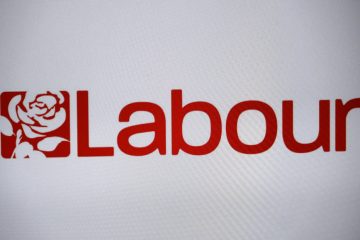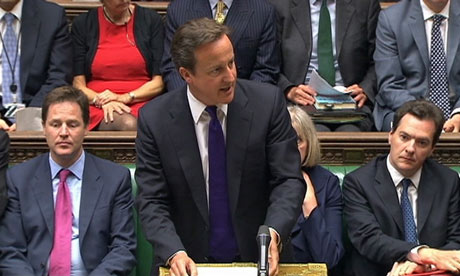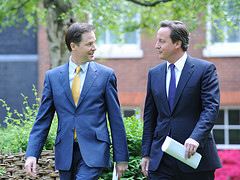
The forgotten Geordie revolt of 1977 – and its lessons for the UK today
A long time ago I was a Labour councillor who inadvertently brought down the 1974-9 Labour government. The government could only have lasted a few weeks longer in any case, so I have no regrets. The story deserves retelling, because it has important lessons for today. The Labour government elected in 1974 was the first to realise that it faced an existential threat in Scotland. The Scottish National Party (SNP) won 30 per cent of the vote, but only 15 per cent of the seats, in Scotland in October 1974. The Labour Party’s leaders had forgotten Keir Hardie and Ramsay MacDonald, who both started in politics as campaigners for Scottish home rule. After 1945, Labour became the party of the welfare state, …

‘An Iron Chain of Bondage’: Lessons from the Knights of Labor
As modern workers, we have much to learn from the rich tradition of labour republicanism in America. The second piece in our Democratic Wealth series, hosted with OurKingdom. In 1828, William Heighton, a radical shoemaker, announced to a group of Philadelphia labourers that the wage-labour system “is…an iron chain of bondage. A system of unjust abstraction, oppression, and legal fraud, by which the most useful classes of society are drained of their wealth, and consigned over to eternal toil and never-ending slavery.” Heighton had just created the first formal political party of workers in modern history, the Working Men’s Party of Philadelphia.

‘The West’s most radical government’: A Mid-Term Assessment of Cameron’s ‘Conservative-led’ Coalition
The ‘Conservative-led’ Coalition Government, to apply Sir Winston Churchill’s oft-quoted comment on Russia, is nothing short of ‘a riddle wrapped in a mystery inside an enigma’. Nevertheless, we can can try to decode its behaviour in both ideological terms and its necessary translation into action-oriented public policy positions. It shouldn’t be hard. The Economist recently described the Cameron Government as the ‘West’s most radical government’. The formation of the Coalition, to use the jargon of political science, was potentially an ‘inflection point’ in British politics. It has, even with a limited two-year perspective, the potential to be as seismic a political benchmark as the 1945 landslide victory for Clement Attlee’s programme for democratic socialism or Mrs Thatcher’s 1979 election victory …

What coalition?: Let’s be honest, a Tory-only government would not have done things that differently
On the BBC’s Sunday Politics programme this week, former Defence Secretary and darling of the Tory Right, Liam Fox, suggested that ‘it is a game for academics’ to discern as to whether a Cameron Government policy (i.e. without Liberal Democrat restraint) would be that different from a Coalition Government policy. I reckon it’s not just an ‘academic game’, but nevertheless I’ll give it a go. The central contention here is that a Tory majority Cameron Government would, mutatis mutandis, be no different to today’s Coalition Government in terms of ideology, public policy and behaviour. Some academics agree. Tim Bale and Robin Kolodny observed recently that Britain has a ‘Coalition government but one that, to all intents and purposes, looks, sounds and …









